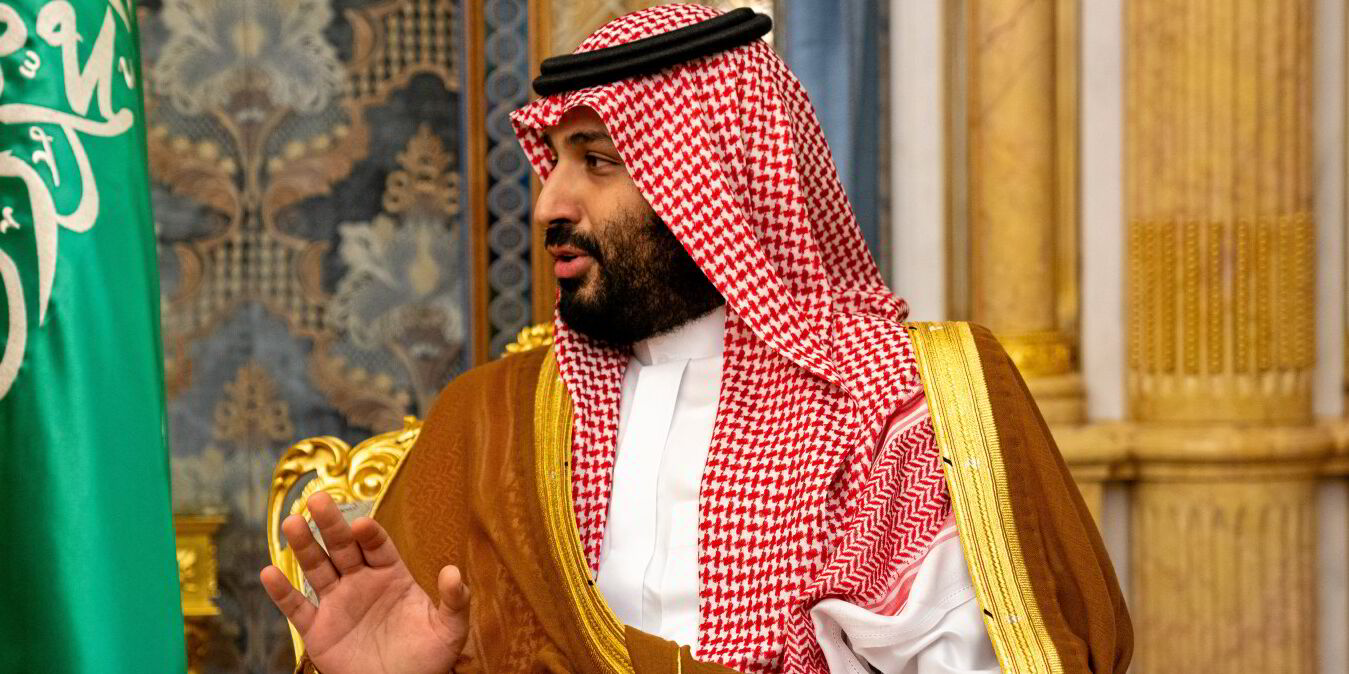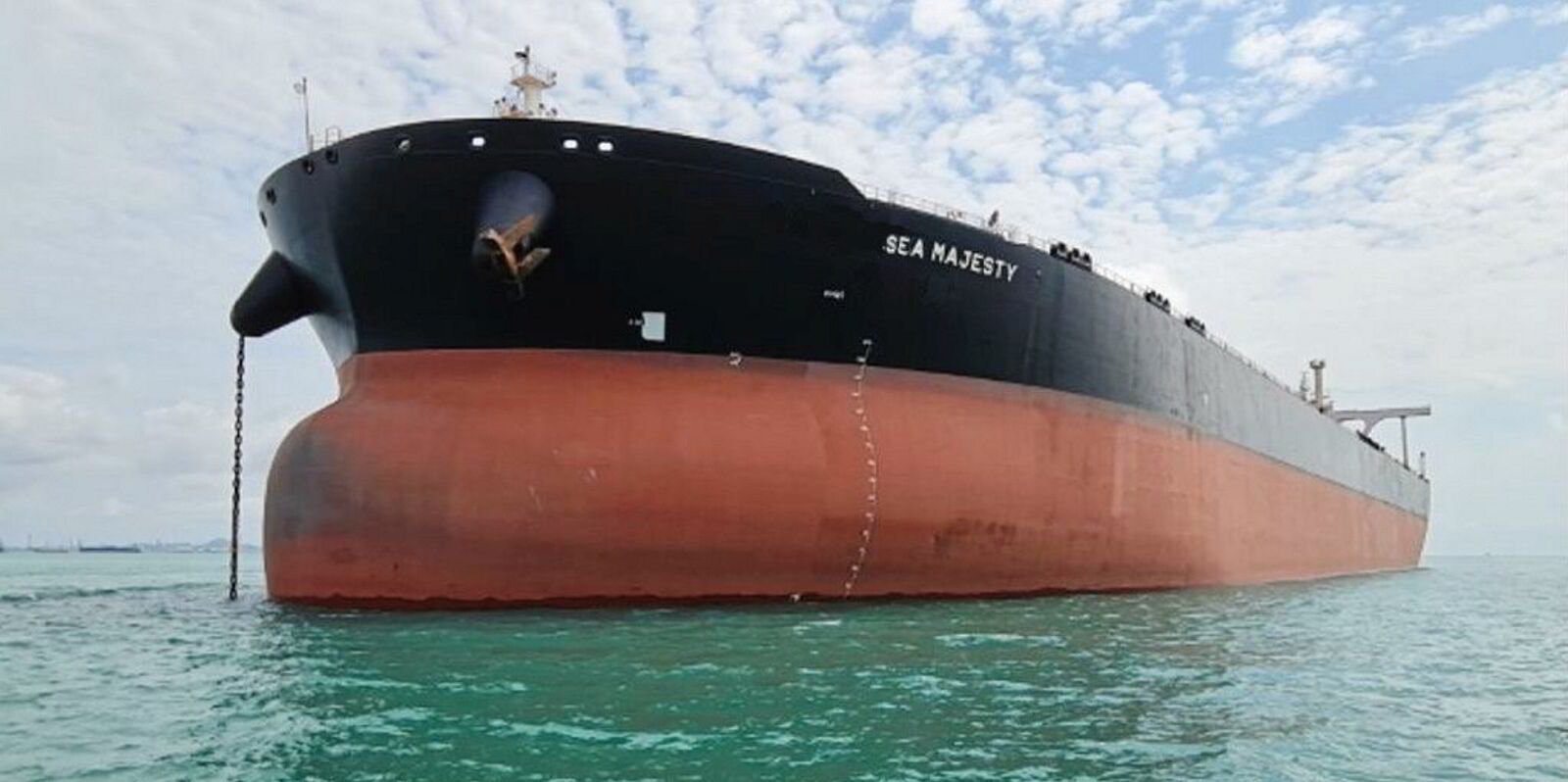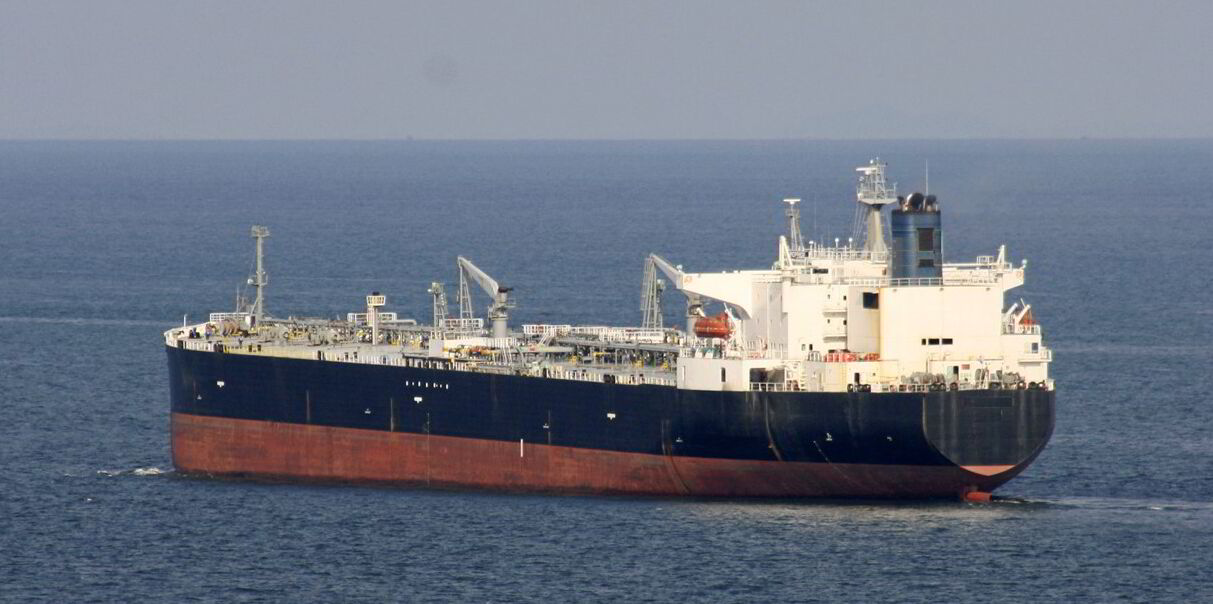Saudi Arabia appears ready to drop its $100 per barrel oil price target, in a move shaping up to be a boon for tankers.
The kingdom is ready to deal with a period of lower prices to maintain its market share, according to a report in the Financial Times, as Opec and its allies are set to begin unwinding production cuts in December.
Fredrik Dybwad, Fearnleys analyst, said: “An increase in production from Saudi is a positive for tankers and particularly for VLCCs, with higher cargoes out of the [Middle East Gulf] boosting tonne-mile demand and lower oil prices improving fundamentals for long-haul voyages.”
ABG Sundal Collier analyst Petter Haugen said the move would be beneficial in the short-term thanks to more oil on the water but perhaps less beneficial over time.
“Longer term, a lower oil price resulting from increased [Middle East] production could cannibalise higher break-even US exports, which typically involve longer sailing distances compared to [Middle East] crude,” he said.
Opec+ has been aggressive about cutting production since late 2022, with Saudi Arabia bearing one-third of all the total cuts in efforts to maintain high prices.
But the move has been less effective in recent months, with production from countries outside the bloc making up the difference as Chinese oil demand wanes.
Since 1 July, West Texas Intermediate crude prices fell from $83.38 per barrel to $67.95 per barrel on Thursday, with Brent crude slipping from $86.60 per barrel to $71.65 per barrel over the same period.
Meanwhile, VLCC rates continued to lose momentum on Wednesday, with the Baltic Exchange’s VLCC time charter equivalent assessment sliding $1,868 to $35,050 per day after hitting its second-highest peak of the year — $38,664 per day — on 19 September.
Its Middle East to Singapore and Middle East to China TCE assessments fell the hardest, as well, with the Singapore route losing $2,945 to $25,790 per day and the China route down $2,836 to $33,667 per day.
It was largely assumed that unwinding Opec production cuts beginning in the autumn would help push up VLCC rates, which have languished in comparison to smaller asset classes in the crude tanker space.
But concerns about the global economy prompted the bloc to maintain the cuts through November and kicked off speculation the cuts would be maintained even longer given the weak oil price.





